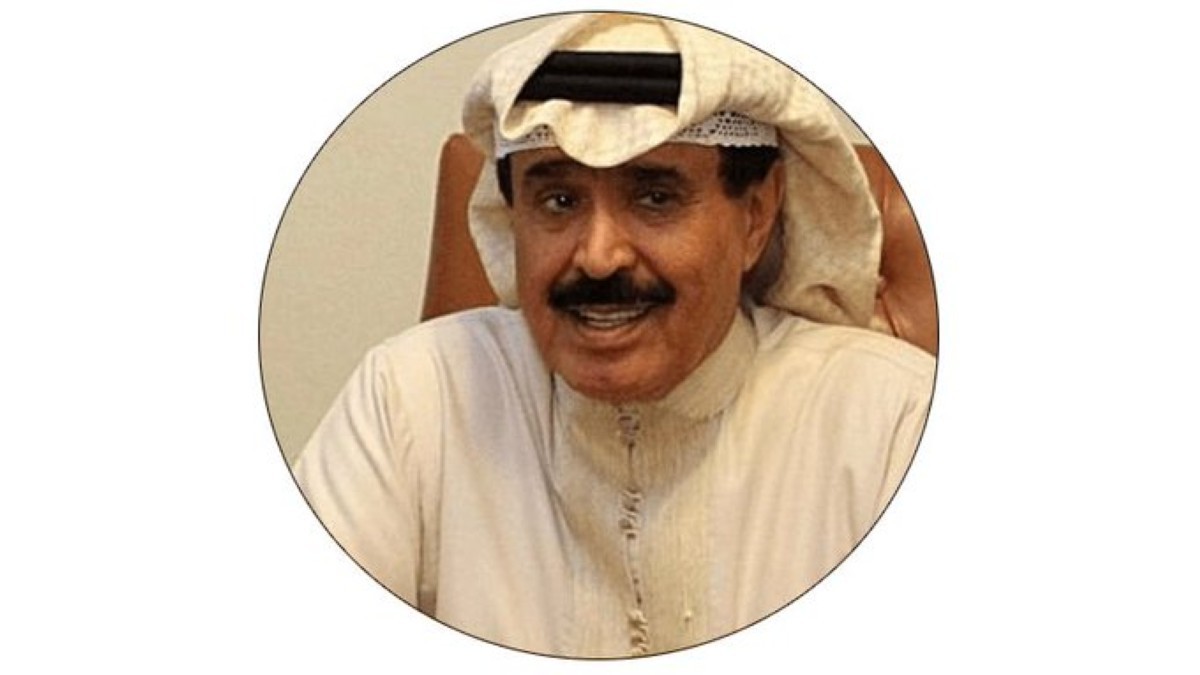23/07/2025
23/07/2025
When a person holds on to their rights, they can defeat even the most powerful forces. In doing so, they prevent the aggressor from forcing them to surrender or give him what he wants. This kind of resistance has always been a characteristic of free and dignified peoples. What follows is a brief story about what it takes to confront a mighty imperial power like France during the era of Napoleon Bonaparte.
It is the story of how a simple Russian peasant stood his ground and made Napoleon realize, even before the war had truly begun, that defeat was inevitable. After Napoleon Bonaparte had secured his control over much of Europe, he set his sights on invading Russia. As he marched through European cities and villages along the way, crowds would gather and people would come out of their homes to watch his grand procession and massive army.
As he approached the outskirts of Russian territory, Napoleon noticed something unusual - a bent-over peasant, sickle in hand, tirelessly harvesting his crops, undistracted and unbothered. The man worked with steady focus, showing no interest whatsoever in Napoleon’s procession. Napoleon turned to his guards and commanders and said, “Do you see that lowly Russian peasant? He doesn’t even glance at my procession, while the women of Europe rush out of their bedrooms just to catch a glimpse of me passing by their homes.”
Napoleon halted his procession and ordered that the peasant be brought before him. The man was brought in with his hands tied. Napoleon asked, “Why didn’t you stop harvesting to watch my procession?” The peasant replied calmly, “What business do I have with your procession? My land is more important to me.” The emperor pressed further, “Don’t you know who I am?” The peasant answered without hesitation, “I don’t care who you are. It is enough to know that you are a contemptible invader, and too mean to occupy my country.” Napoleon said to the peasant, “You must carry my name with you always, so that you will never forget me.” He then ordered his soldiers to tattoo his name on the peasant’s forearm. A soldier heated an iron rod and branded the name “Napoleon” into the man’s skin, a mark intended to be permanent.
In an act of defiance, the Russian peasant raised his sickle and struck his forearm to remove the branded area. He threw his arm aside and said firmly, “Take your name with you. I refuse to bear the name of someone vile like you who came to invade my land.” Napoleon turned to his officers and said his famous words, “This is where defeat begins.” And indeed, history records that Russia would defeat him. Regarding the attitude of that Russian peasant, what was the reaction of those groups and individuals who aided the occupier in entering their homeland? History teaches us that defeat is inevitable when people choose loyalty to invaders over their own nation.
---
The most precious thing in the world. Nothing in this world is more precious than a blessing that cannot be bought or replaced, which is the blessing of health and peace of mind. Many bodies are surrounded by wealth, but they are burdened by pain on the inside. Many hearts dwell in palaces but have never tasted true comfort. Health is the real treasure, and peace of mind is the silent wealth unseen by others but deeply felt in the heart, making life truly flourish. Concealment is nothing but a cloak of mercy that hides our flaws from the eyes of others and protects us from irreversible harm. O God, grant us concealment that remains unseen, health that never weakens, and peace of mind that never fades. O God, spare us from pain in our bodies, anxiety in our souls, and sorrow that dims the light of our hearts. O God, the treasures of this world can never replace health, and abundant wealth cannot restore lost serenity. O God, bless us with a share of every good and protect us from all evil.



